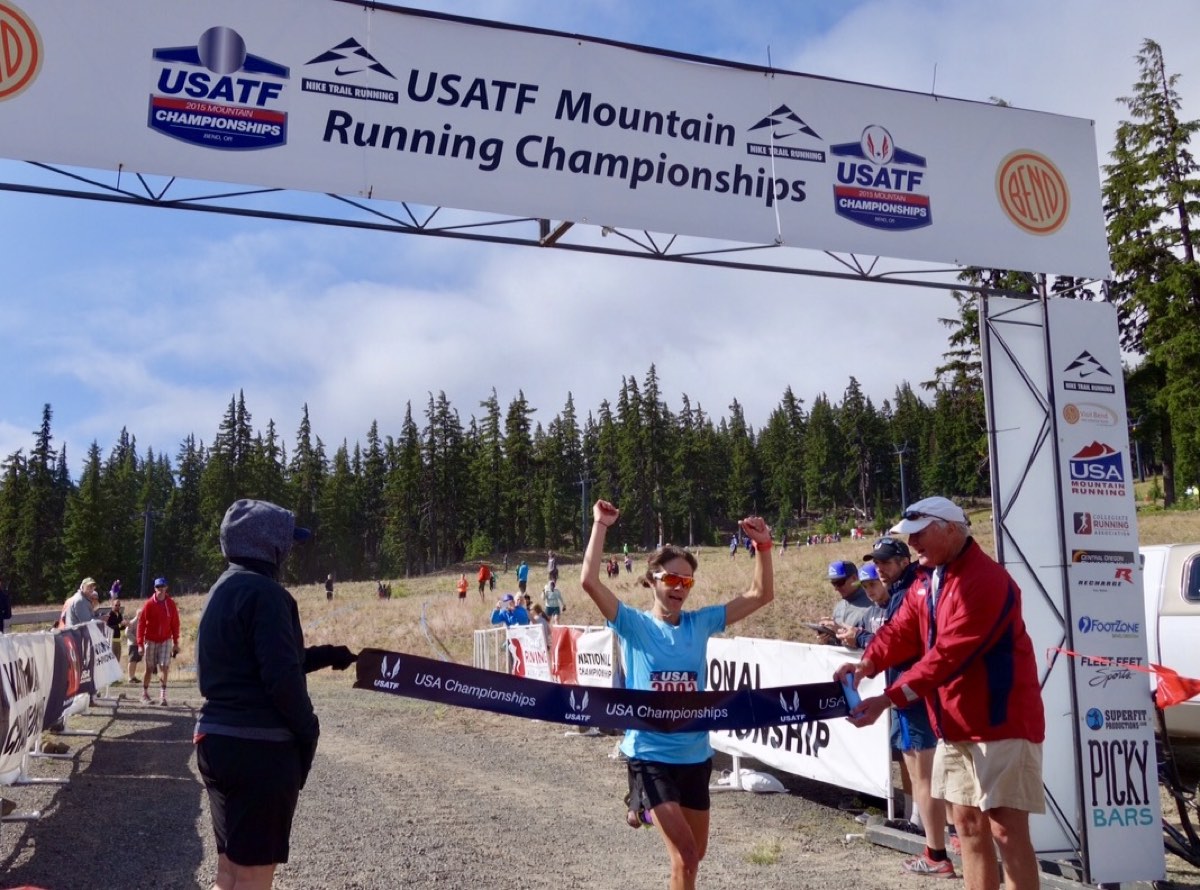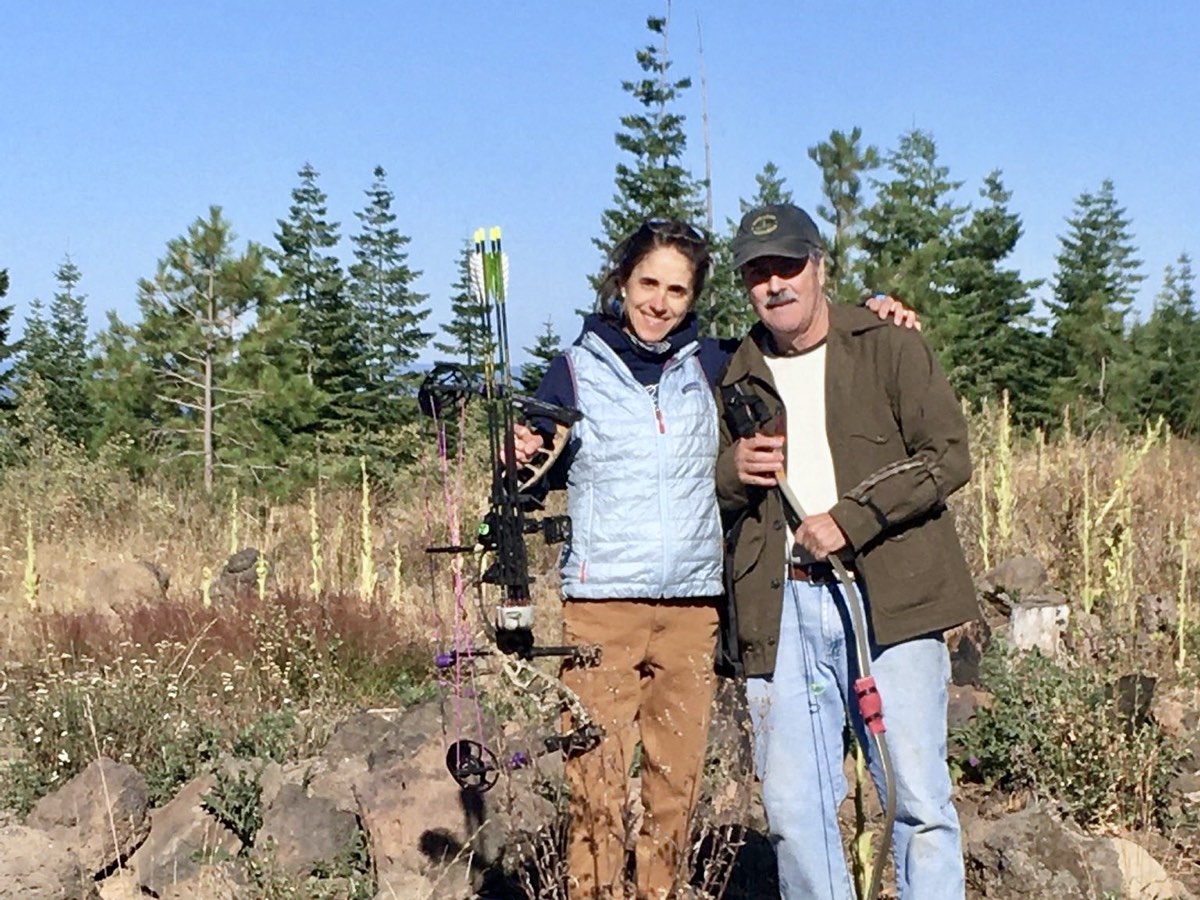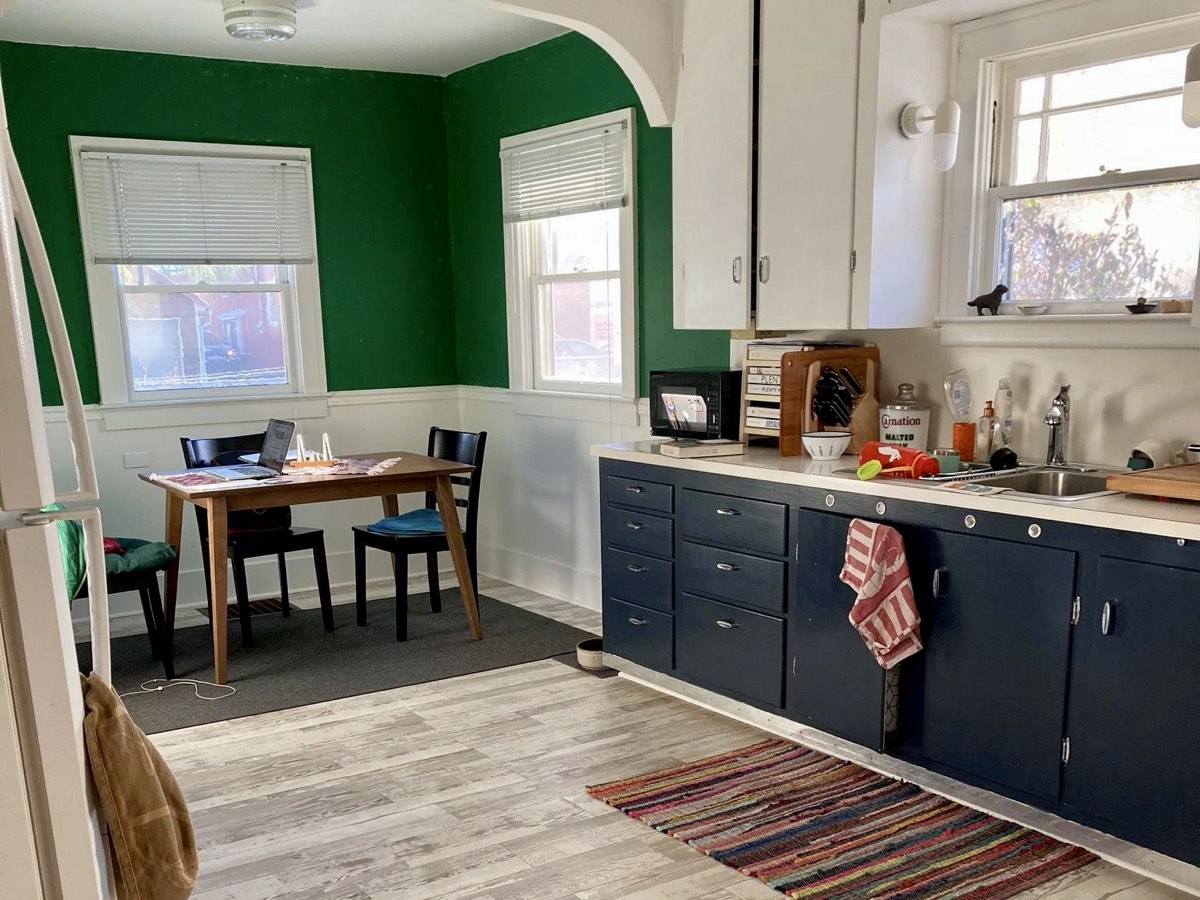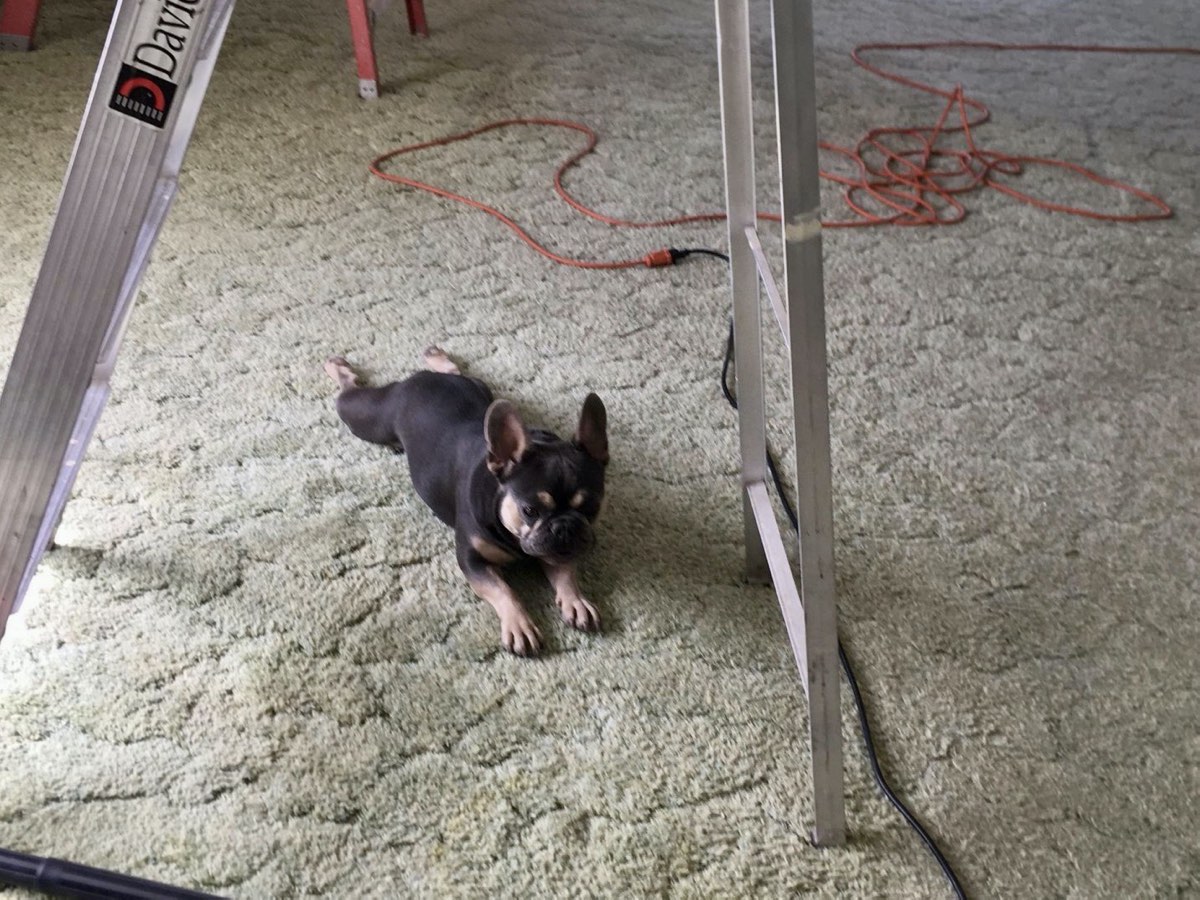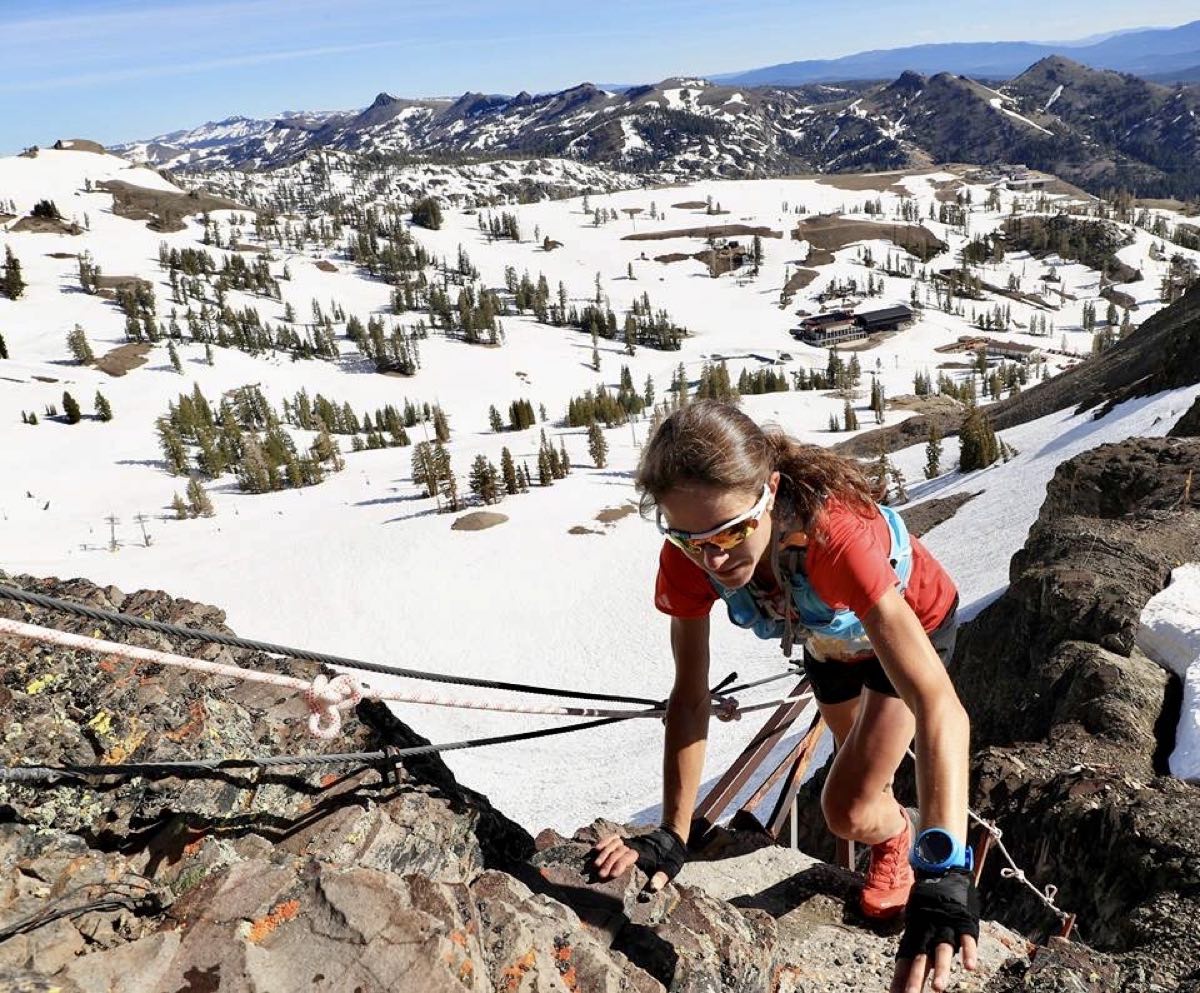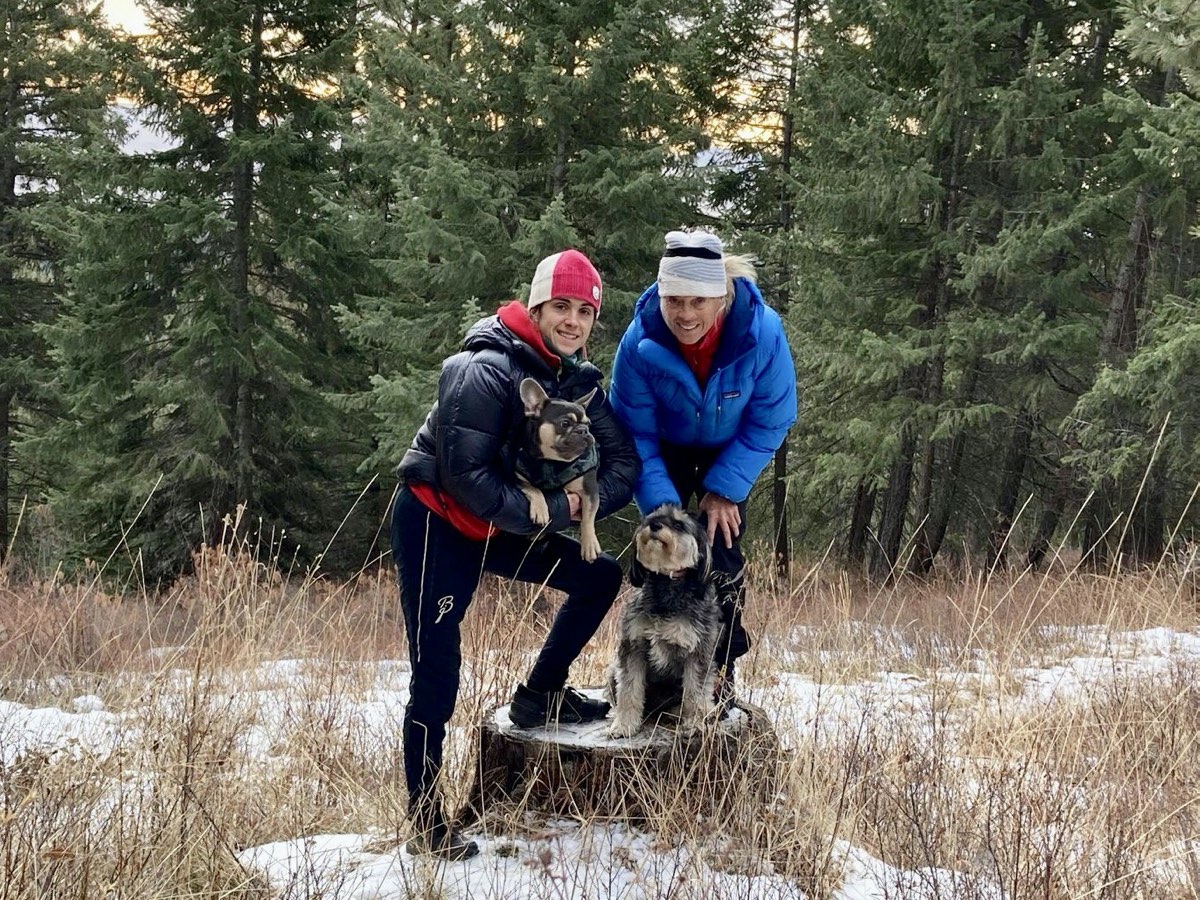“I’m not a respiratory therapist anymore, I quit three weeks ago,” Morgan Arritola catches me off guard with the surprise turn, and I scramble back through my interview outline. “I’m done with healthcare, I want nothing to do with it. When I stopped skiing, I didn’t know what to do. I went back to school when I was 26 and got my bachelor’s in respiratory therapy. I gave it three years, but didn’t like any part of it. There’s nothing healthy about healthcare.”
“I’ve been on the struggle bus for a while. The hardest part is that I spent time and money on something that made me miserable, and I mean, I was really miserable,” Arritola shared her personal thoughts on her now-past career in respiratory therapy. “I want to find a career that I can be fulfilled with for the next 20 years.”
Arritola, age 34, trained and competed professionally in the Nordic ski world, including at the 2009 FIS Nordic World Ski Championships and the 2010 Winter Olympics. Following her ski retirement, she moved into trail and mountain running and has performed at the highest echelons here, too. She earned bronze at the 2012 World Mountain Running Championships, and was both the 2013 and 2015 U.S. Mountain Running Champion. In more recent years, she’s competed in the trail running world, including several years at the Broken Arrow Skyrace and Cirque Series events. Like most of us and courtesy of the global pandemic, she didn’t compete in 2020.
I press Arritola on her potential next steps, and she chats like an old friend. “I moved to La Grande[, Oregon] last September. I bought a nice little house. Now I just need to find a way to stay here. I got a job at a butcher shop through the holidays. My dad lives here. I’m working on a master’s degree, and thinking about education. I think I can finish the master’s in a year, and I’d like to start substitute teaching to start, and coaching. I’ve always worked, I know how to work hard. I’ll figure it out.”
La Grande is a town of just 13,000 people in eastern Oregon, but it’s home for Arritola and she describes it from the heart. “It’s really close to the Wallowa Mountains. It’s really neat, beautiful, rural. It’s more of a farm community, but it’s real. It’s blue collar, working class, but still close to Boise[, Idaho]. Yeah, I like it. I’ve lived by myself forever. I’m very independent. I’ve got all my stuff under one roof for the first time in 20 years. I own my own washer and dryer, no laundromat anymore! It’s nice to have my own place even if having a mortgage is stressful,” she said, and then rattled off the remodel work that she and her dad have completed, and her landscape plans for next year.
Scattered social-media posts over the past year pointed to The Weight of Gold documentary, which explores mental health in Olympic athletes, and more recently, a New York Times video about runner Alexi Pappas‘s post-Olympic depression. I use that as my ‘in’ to the personal and sometimes sensitive topic, and Arritola doesn’t shy away. “I have suffered from clinical depression since I was little, before sport. Sports keep it away, but I still struggle. It’s something I’ve always fought with and I probably always will. I think when I was really young I was always the best, as egotistical as that sounds. But, I was being recruited by [Division I] soccer programs when I was in middle, high school. I’m not confident, but I was in sports and I always gravitate to sport when I don’t have confidence.”
As good as sports sometimes make her feel, she acknowledges another side of it too. “You overtrain, race like crap, train more, race worse. Eventually you don’t have confidence in what you did before,” Arritola said. “After I quit skiing, it was rough. I went back to school, you fail a test, your peers are getting jobs at Google, and you’re just figuring it out.”
“I still have really bad days and weeks, it’s not always pretty. Sometimes I wish I never did sports and did more academics,” she said, and days after our interview while typing this article, I lose my breath again at the profound what-if.
“People say, ‘Oh, you went to the Olympics, that’s so amazing!’ And I think, Yeah but I skied like shit and now I’m screwed for life. I was so burnt out when I got there. I mentally submitted to losing a race before it started. It’s kind of like weeds. It’s really hard to get an orchid to stay green, but one drop of water and you get 40 dandelions. It’s easier for me to go down than up.” That’s true, but thank goodness there are some benefits to dandelions too, and I think it’s actually an herb.
Dogs are great, and Arritola is frequently accompanied by Bru, her French Bulldog. “Even on my worst days, that little guy makes me smile. I find a lot of peace in animals. I love walking him and just sitting on the couch with him,” she said, and I feel a smile.
The structure and pressure to compete at a high level in Nordic skiing was, of course, intense, and Arritola has since embraced the chance to run without that program. “When I stopped skiing in 2011, I stopped using a heart-rate monitor. I don’t keep track of things,” she said, and pointed to her late 2020 plans to race an ultramarathon. “I’d like to try other races. I was going to do The Rut 50k. I like Vertical Ks. I’m in horrible shape right now, but it’s fine. I didn’t race at all this year, I’m taking things as they come. I like to race, I like to travel. The biggest thing is that it’s so hard to predict next year. I want to get on the trails and push some new areas, but first and foremost I want to get some confidence.”
Arritola and I had never talked before this call and we hit some pretty personal topics. I check in to make sure nothing needs to be marked off limits and she pushes it away, saying, “I think empathy is a pretty powerful tool.”
It sure is, and I wish my new friend a Happy Holidays and New Year.
Call for Comments
Calling all Morgan Arritola stories! Skiing, mountain running, adventuring, and more, leave them in the comments section.
